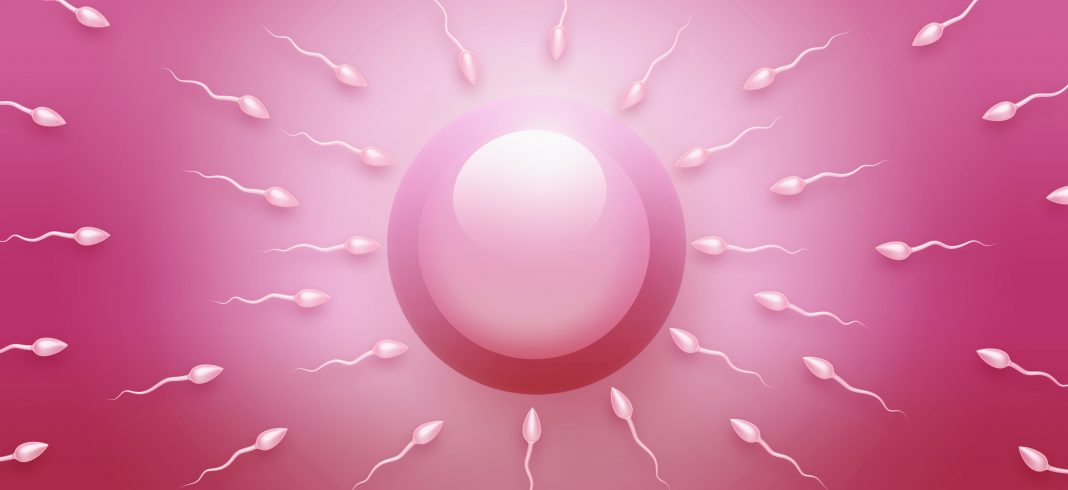In recent years, large volumes of evidence have supported the hypothesis that as males age their sperm is affected in ways that can lead to less viable offspring. Yet, as research gets more granular and takes a closer look at the sperm cells themselves, new information crops up—exactly what a team of investigators at the University of East Anglia (UEA) and Uppsala University in Sweden discovered. The researchers found that sperm who live for longer before fertilizing an egg produce healthier offspring. Findings from the new studies were released today in Evolution Letters through an article titled “Selection for longer-lived sperm within ejaculate reduces reproductive aging in offspring.”
The new study shows that longer-lived sperm in an ejaculate of a zebrafish male produces offspring with longer and healthier lifespans—who in turn produce more and healthier offspring themselves—than the shorter-lived sperm in the same ejaculate. The research team is optimistic that their findings could have important implications for human reproduction and fertility, particularly in the context of assisted fertilization technologies.
One male produces thousands to millions of sperm in a single ejaculate but only very few end up fertilizing an egg,” notes senior study investigator Simone Immler, PhD, associate professor at UEA’s School of Biological Sciences. “The sperm within an ejaculate vary not only in their shape and performance but also in the genetic material that each of them carries. Until now, there was a general assumption that it doesn’t really matter which sperm fertilizes an egg as long as it can fertilize it. But we have shown that there are massive differences between sperm and how they affect the offspring.”
In the current study, the research team performed in vitro fertilization by collecting gametes from males and females. They then split the ejaculate of a male into two halves. In one half, they selected for shorter-lived sperm and in the other for longer-lived sperm. They then added the sperm to two half clutches from a female to fertilize the eggs and reared the offspring into adulthood. The research team then monitored their lifespan and their reproductive output for two years.
“We tested the two alternative hypotheses in an experimental setup using zebrafish Danio rerio,” the authors write. “We found that within‐ejaculate sperm selection for sperm longevity reduced age‐specific deterioration of fecundity and offspring survival but had no effect on fertilization success in males. Remarkably, we found an opposing effect of within‐ejaculate sperm selection on female fecundity, where selection for sperm longevity resulted in increased early‐life performance followed by a slow decline, while females sired by unselected sperm started low but increased their fecundity with age.”
“We found that when we select for the longer-lived sperm within the ejaculate of male zebrafish, the resulting offspring is much fitter than their full siblings sired by the shorter-lived sperm of the same male,” adds Immler. “More specifically, offspring sired by longer-lived sperm produce more and healthier offspring throughout their life that age at a slower rate. This is a surprising result, which suggests that it is important to understand how sperm selection may contribute to the fitness of the next generations.”
The research team was excited by their findings and are currently in the process of identifying the genes underlying their results.
“This research has important implications for evolutionary biology and potentially beyond into areas that use assisted fertilization technologies, for example in livestock rearing or IVF in humans,” concludes Immler.



